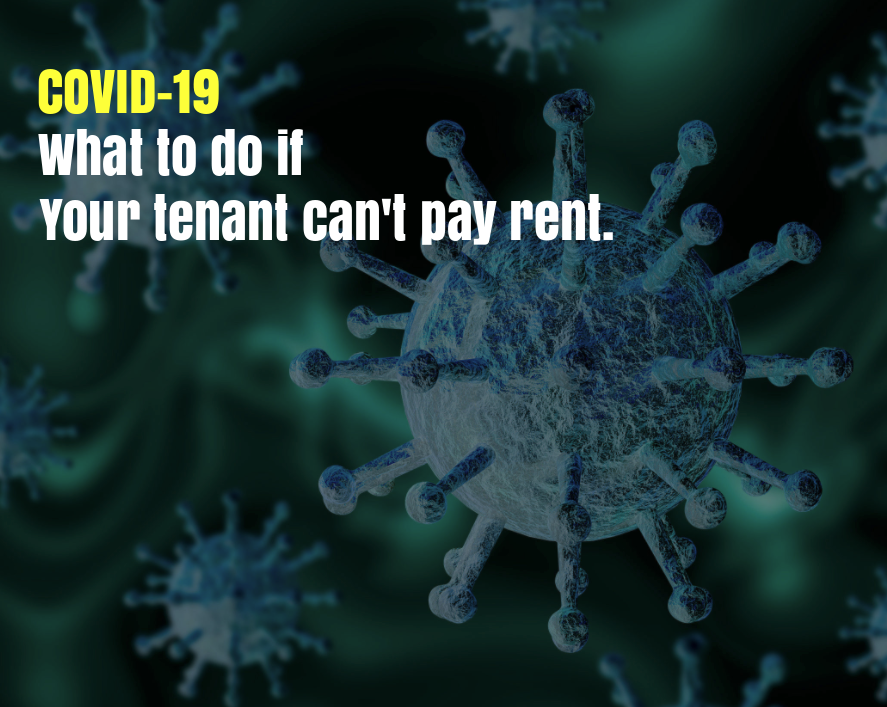Find a solution
Here are a few suggestions for finding a solution that suits both the tenant and the landlord:
One of the most common solutions that many landlords are favouring is to offer your tenant a period of zero-rental repayments, to be paid back at a later date. This could mean that your tenant does not pay rent for three months, and then pays this back at a future date, once they have restored their regular income. This strategy relies on freezing your mortgage for a time, so you don’t have to find other means to make the monthly repayments. You can keep making repayments if you can afford it of course.

For the landlord, this is the best financial compromise as you will receive all the money you are owed eventually. Just make sure you have the agreement in writing.
Many tenants will not jump at the idea of putting themselves in debt in this tumultuous time so they will likely ask for a reduction in rent. This is not what a landlord wants to hear, but some people will genuinely struggle to pay back this rent even if they find a stable job down the track.
Given you can freeze your mortgage, then offering the tenant a rental reduction for a period of three to six months is not the worst thing in the world. If you have a good tenant, it is in your best interests to help them out so that they don’t leave, and you are forced to find a new tenant in this tough market.
Many landlords with long-term renters in their properties favour this strategy and offer them a reduced rent for a certain period as a thank you for being good tenants and paying their rent on time.
It’s important to remember that these are extraordinary times and being sympathetic to other people’s struggles will go a long way to building respect between you.
Although we do not recommend evicting a tenant unless absolutely necessary, sometimes it is necessary. If your tenant is not paying rent, providing fraudulent information about their job situation and blatantly lying, you can evict them as per usual.
The prime minister has indicated that no one will be able to be evicted for six months, but this has not actually been passed into law and all current laws still apply. Consumer Affairs has informed us that evicting tenants for genuine reasons, including inability to pay rent, is still legal and within your rights as a landlord.
That being said, you should still expend all possible avenues in finding a compromise. This is a difficult time for everyone and not the time to be unnecessarily harsh. Reducing the rent for a few months is not a huge deal in the grand scheme of things, and if you protect yourself as outlined above, you shouldn’t be affected by a few months of zero rent.
If your tenant is not cooperating at all, then evicting them may be your only option. Keep in mind that leasing property in the current market is tricky and there is a good chance that your property will sit empty for longer than usual. You will also have to reduce your rent to remain competitive in this flooded rental market, so you might actually end up worse off if you choose to evict your tenants.



